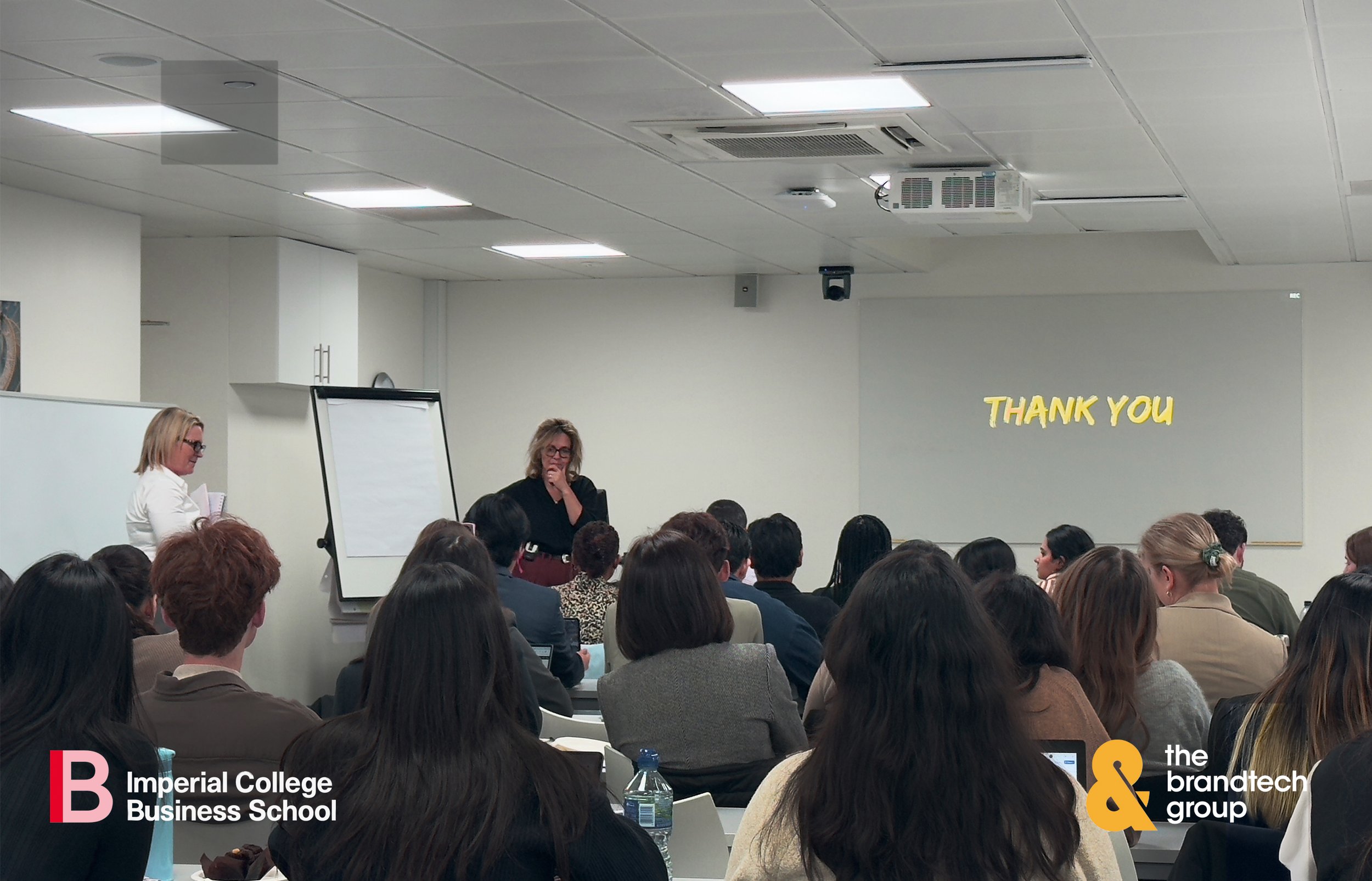Surge in STEM A-Level entries highlights bright future for UK science and technology
As the 2024 A-Level results are released across the UK, there is notable optimism for the future of the science and technology industries, driven by a substantial increase in the number of students opting for STEM subjects.
Over one million qualifications were awarded this year, spanning A/AS Levels, vocational and technical qualifications (VTQs), and T Levels.
Key Data from 2024 A-Level Results
The Joint Council for Qualifications (JCQ) has reported that results for this year’s A Levels remain consistent with those awarded in 2023. However, the data reveals a remarkable surge in the popularity of STEM subjects. Mathematics, in particular, has seen a significant rise, with entries exceeding 100,000 for the first time, marking a 10.9% increase from 2023. Further Mathematics also experienced a significant boost, with entries rising by 19.9% compared to the previous year. Physics, another key STEM subject, saw a 12.3% increase in entries.
Overall, A-Level entries for all ages increased by 2.2% to 886,514 in 2024. Notably, the number of students aged 17 and undertaking A Levels increased by 5.0%, while those aged 19 and oversaw a 14.7% rise in entries.
The results also show that 82,081 A* grades were awarded this year, with male students achieving a higher percentage of A* grades (9.5%) compared to female students (9.1%). In terms of overall A-A grades, female students outperformed their male counterparts, securing 28.0% of A-A grades compared to 27.6% for males.
Mathematics remains the most popular A-Level subject, accounting for 12.1% of all entries in 2024. The rise in mathematics entries reflects the increasing recognition of the subject’s importance in various fields, from finance and engineering to data science and technology.
The Growing Popularity of T Levels
T Levels, which are vocational qualifications introduced in 2020 as an alternative to A Levels, have also seen substantial growth. This year, more than 7,000 students successfully completed T Levels, more than double the number from last year.
The overall pass rate for T Levels stands at 88.7%, with 6,543 students achieving a pass or higher. T Levels were awarded across 16 pathways, including six new courses introduced this year, further expanding the opportunities for students to pursue technical education aligned with industry needs.
Vocational and Technical Qualifications (VTQs)
In addition to A Levels and T Levels, 250,000 VTQ results were issued today across 15 subjects. The largest sector subject areas were business, administration, and law. Of the VTQ results, 217,600 were for Applied Generals, while 32,400 were for Tech Levels. Nearly 22,100 top grades were awarded, underscoring the quality of achievements among students pursuing vocational pathways.
STEM Subjects Pave the Way for Future Careers
The increase in STEM subject entries is a promising sign for the future of the UK’s science and technology sectors. As industries increasingly rely on digital skills and technological innovation, the need for a workforce proficient in STEM subjects has never been more critical.
Sarah Chapman, 3M senior technical manager and Women in STEM ambassador, highlighted the importance of this trend, stating:
“The future of the science and technology industries is bright, as nearly 7 out of 10 agree that jobs in STEM are the future of work. However, the industry will inevitably be held back if new generations of students do not opt for roles in STEM and help overcome ongoing digital skills gaps. It’s therefore incredibly promising to see an increase in STEM subjects on the cards this results day, with uptake in both maths and further maths seeing a major leap amongst students.”
Chapman also emphasised the need to support young people entering the STEM fields, noting:
“From education to early careers, we need to uplift young people who are looking to get into the STEM industry, while also opening the door to those who may not have considered the industry as a viable career option for them. STEM subjects can lead to a huge variety of jobs in music, sports and tech, as well as the traditional roles associated with the sector. All students should feel empowered to choose science, technology, engineering, and math subjects when the time comes to consider qualifications and careers.”
As the UK continues to navigate a rapidly changing technological landscape, the increased interest in STEM subjects at the A-Level stage is a positive indicator of the country’s future readiness to meet the demands of the global economy. The rise in entries for mathematics, further mathematics, and physics suggests that students are increasingly recognising the value of these subjects in securing future career opportunities.
The education sector’s ability to adapt and evolve, as evidenced by the growing popularity of T Levels and the continued success of vocational qualifications, will play a crucial role in ensuring that the UK remains competitive on the world stage.
Today’s A-Level results not only reflect the hard work and dedication of students across the UK but also highlight the shifting priorities in education as the country prepares for the challenges and opportunities of the 21st century.





















